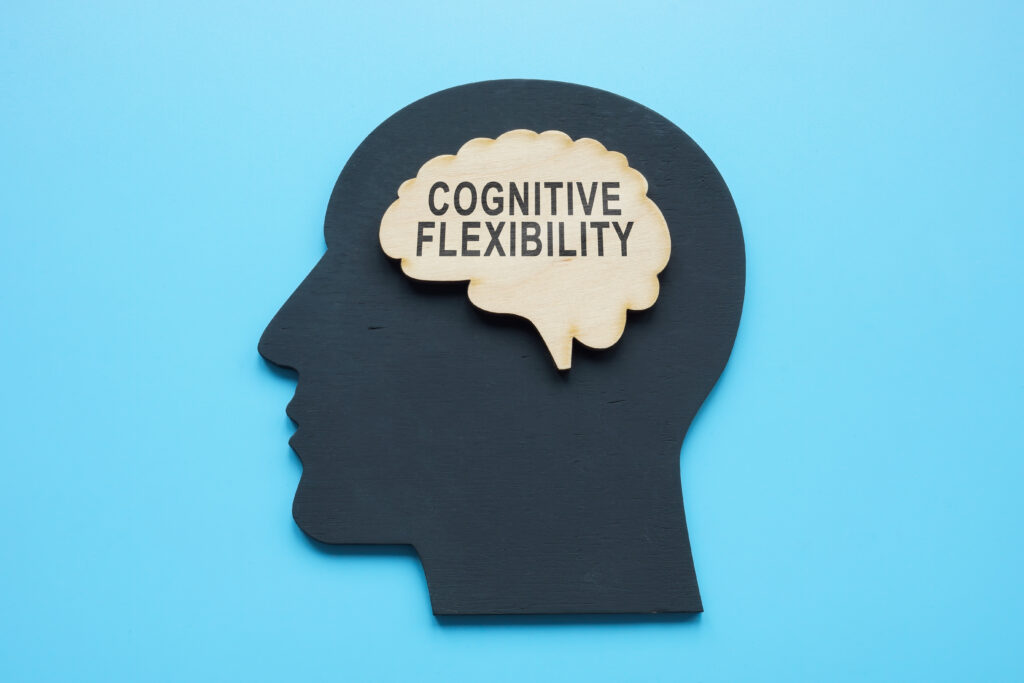Neurological disorders are a broad category of medical conditions that affect the nervous system and can cause a variety of symptoms ranging from mild to severe. One type of neurological disorder that has gained attention in recent years is dysfunctional neurological disorder. This disorder is often misunderstood and can be difficult to diagnose, making it a challenge for those who suffer from it. In this article, we will explore what dysfunctional neurological disorder is, its causes, symptoms, and treatment options.
What is Dysfunctional Neurological Disorder?
Dysfunctional neurological disorder, also known as functional neurological disorder, is a condition that affects the functioning of the nervous system and causes a wide range of physical and cognitive symptoms. It is characterized by abnormal brain functioning that cannot be explained by any underlying structural or biochemical abnormalities. This means that there are no visible signs or abnormalities in the brain, but the individual experiences symptoms that are very real and can have a significant impact on their daily life.
Causes of Dysfunctional Neurological Disorder
The exact cause of dysfunctional neurological disorder is not fully understood, but research suggests that it may be triggered by a combination of factors such as genetics, environmental factors, and psychological factors. Trauma, such as physical or emotional abuse, has also been linked to the development of this disorder. Additionally, individuals with a history of other neurological disorders or mental health conditions may be at a higher risk of developing dysfunctional neurological disorder.
Symptoms of Dysfunctional Neurological Disorder
The symptoms of dysfunctional neurological disorder can vary greatly from person to person and can also change over time. Some common symptoms include muscle weakness, tremors, numbness or tingling sensations, difficulty with coordination and balance, and difficulty swallowing or speaking. Individuals with this disorder may also experience cognitive symptoms such as memory problems, difficulty concentrating, and confusion. These symptoms can significantly impact an individual’s ability to perform daily tasks and can lead to a poor quality of life.
Diagnosis of Dysfunctional Neurological Disorder
Diagnosing dysfunctional neurological disorder can be challenging as it shares symptoms with other neurological disorders. It requires a thorough evaluation by a specialist, such as a neurologist, who will perform a physical exam and review the individual’s medical history. Other diagnostic tests, such as MRI or CT scans, may also be used to rule out any structural abnormalities in the brain. A key aspect of diagnosis is ruling out any medical or physical causes for the symptoms.
Treatment Options for Dysfunctional Neurological Disorder
There is no specific cure for dysfunctional neurological disorder, but treatment focuses on managing symptoms and improving the individual’s quality of life. Treatment options may include a combination of medication, therapy, and lifestyle changes. Some individuals may benefit from physical therapy to improve movement and coordination, while others may benefit from cognitive-behavioral therapy to address any underlying psychological factors. In severe cases, hospitalization and rehabilitation programs may also be recommended.
Living with Dysfunctional Neurological Disorder
Living with dysfunctional neurological disorder can be challenging, but with proper treatment and support, individuals can learn to manage their symptoms and lead a fulfilling life. A strong support system is crucial, and joining support groups or attending therapy can provide individuals with a safe space to share their experiences and learn coping mechanisms. It is also essential to maintain a healthy lifestyle by exercising regularly, eating a healthy diet, and getting enough rest.
In conclusion, dysfunctional neurological disorder is a complex condition that affects the functioning of the nervous system and can cause various physical and cognitive symptoms. It can be difficult to diagnose and treat, but with the right support and treatment, individuals can learn to manage their symptoms and live a fulfilling life. If you or someone you know is experiencing symptoms of this disorder, seek help from a medical professional for proper diagnosis and treatment. Remember, seeking help is the first step towards managing this disorder and improving quality of life.


